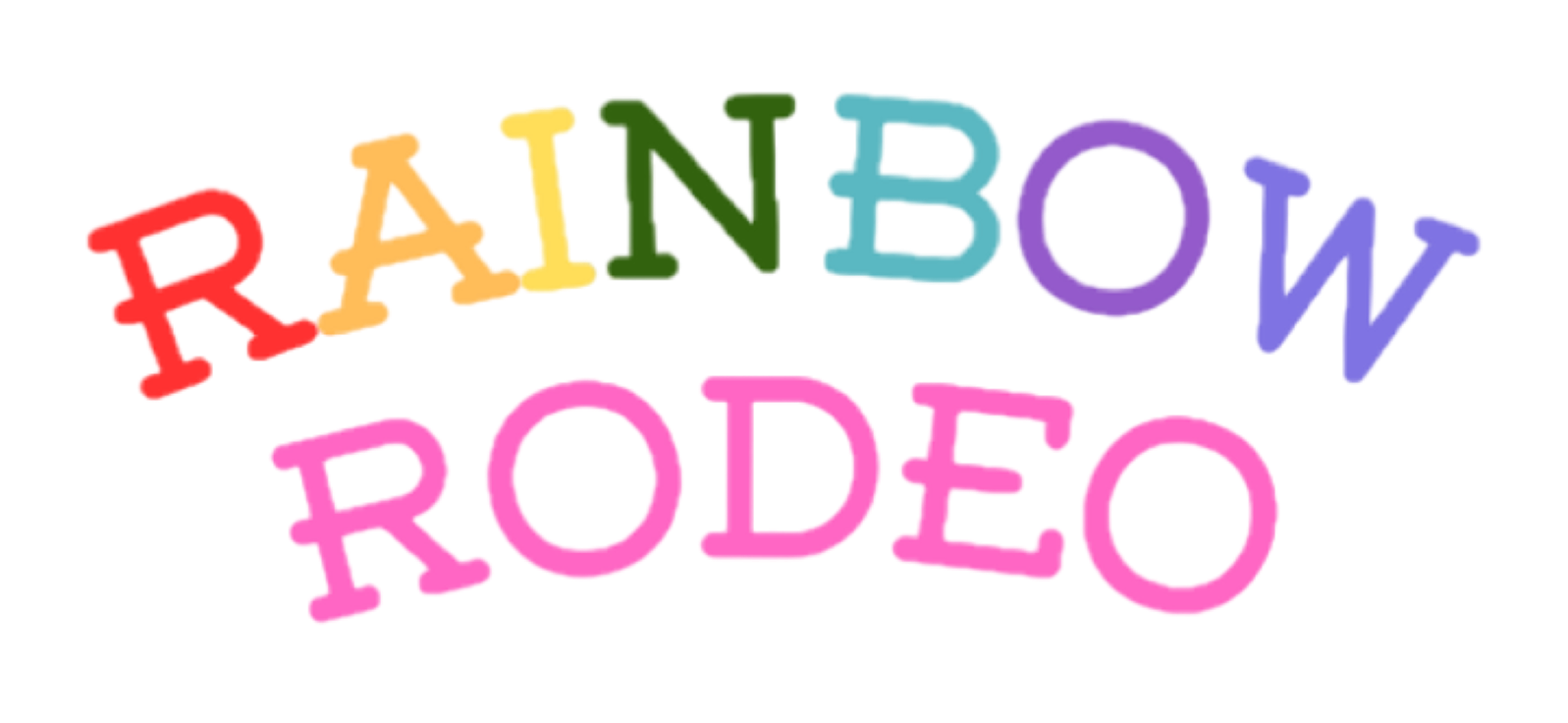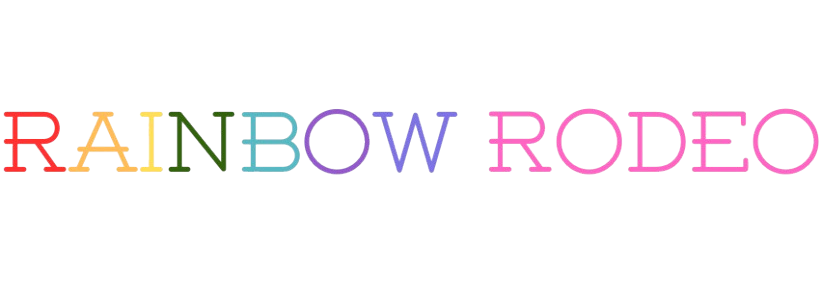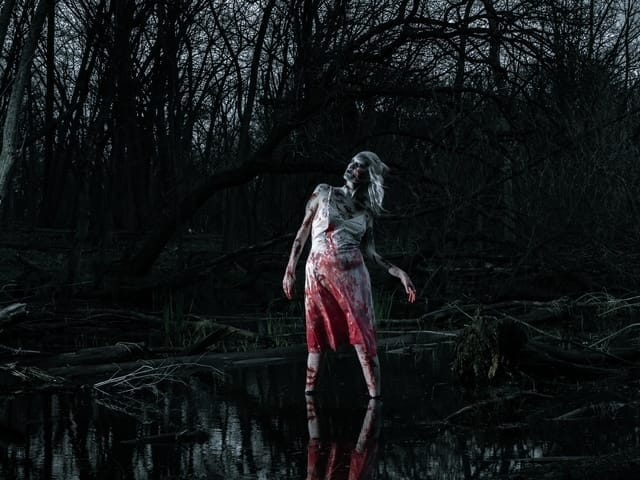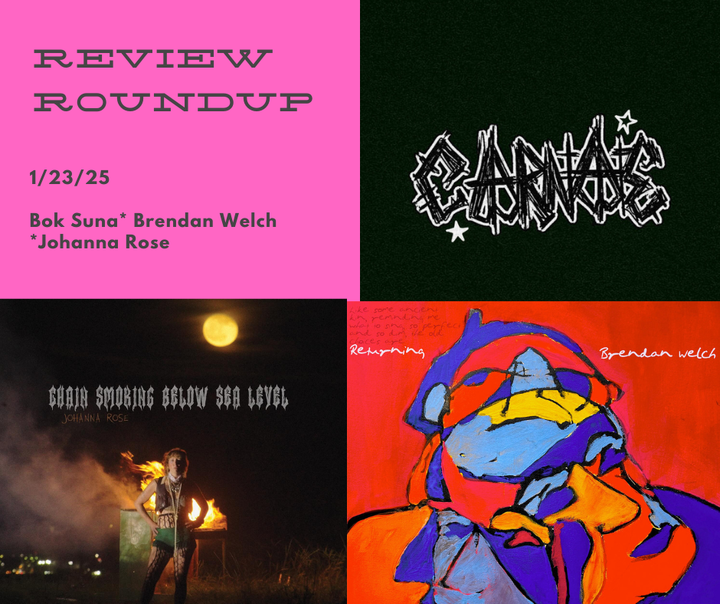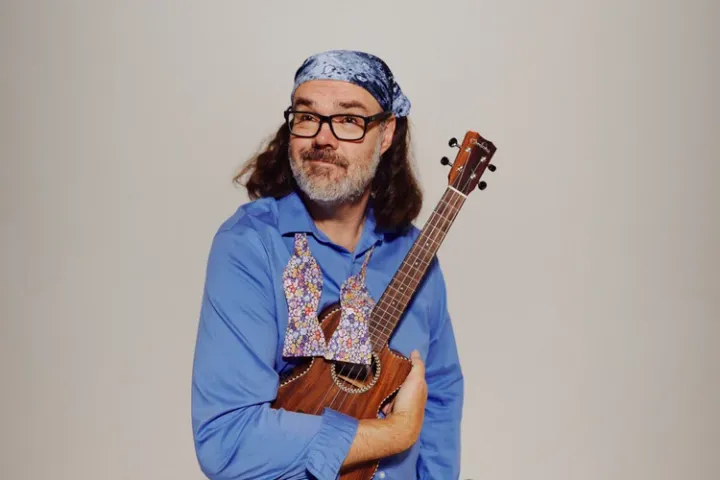Review Roundup: Madi Diaz, Brye, Ira Khonen Temple
This week's roundup features intimate heartbreak, overcoming trauma, and bawdy Yiddish poetry.
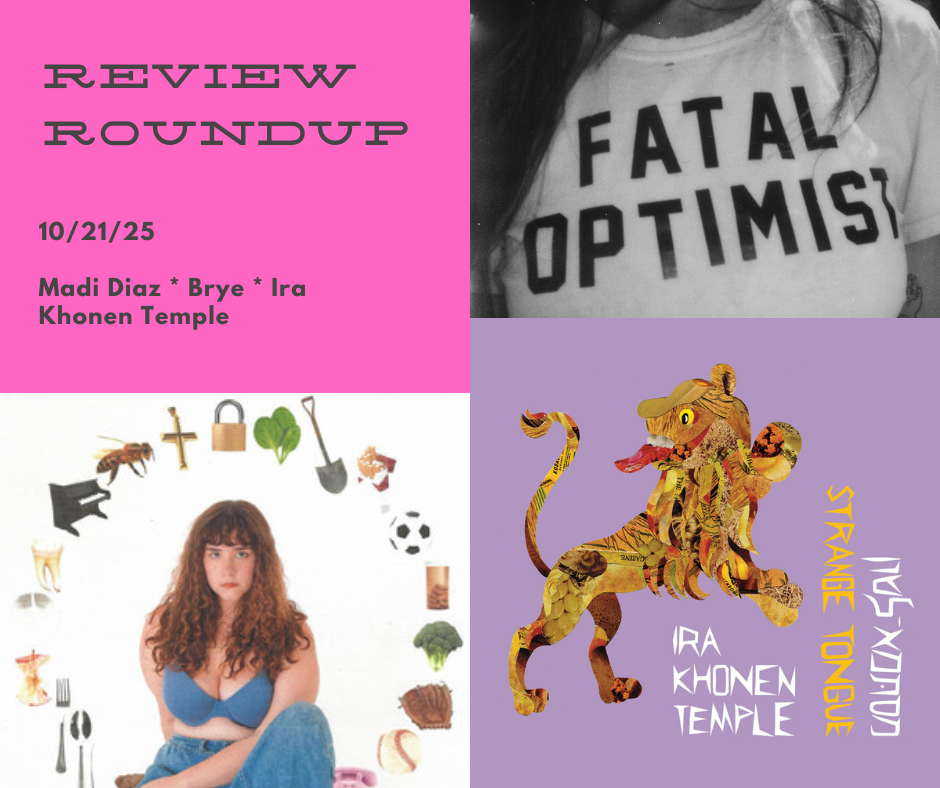
There are so many great albums, and never enough time! In this feature, editor Rachel Cholst celebrates some of the best queer country EPs and albums you may have missed!
Madi Diaz – Fatal Optimist
Madi Diaz's greatest strength is her ability to turn a phrase. Maybe this is the superpower that enables her to waft between country, pop, and indie rock so effortlessly. On Fatal Optimist, Diaz goes for a much more spare sound than her previous album Weird Faith. That makes her songs of heartache all the more intermediate, with strings rasping and Diaz's inhalations giving these feelings of isolation texture. Most importantly, it's a constant reminder that we are all still connected to each other, even if one relationship has been abruptly sundered.
Brye – Cycle Breaker Pt. 1
Brye cuts uncomfortably deep beneath the skin on her recent EP Cycle Breaker Pt. 1. This is an album about reclaiming one's body in the wake of eating disorder, sexual assault, and a patriarchal society that insists on maintaining everyone's low self-esteem. With Brye's soft vocals and seductive pop grooves, the EP will slip into your soul before you even realize it's being cracked wide open.
Ira Khonen Temple – Strange Tongue
With Strange Tongue, Ira Khonen Temple enters the growing ranks of people reclaiming Yiddish heritage and exploring its queer potentials. This is showcased in the hilarious "hot zikh mir/queer wedding song," in which Temple reshapes traditional lyrics for a more modern interpretation. If, like me, you don't speak Yiddish, have no fear: Khonen supplies English lyrics to most of these songs, resurrecting the fears, triumphs, and flirtatiousness of our great-great-grandparents – and reminding us that they are still breathing in our ears. Yet there is also great beauty here, as we see with Temple's closing song "royt epl/red apples, green shadows," showcasing the breathtaking beauty hidden behind a language my grandparents rejected as quaint and hickish.
